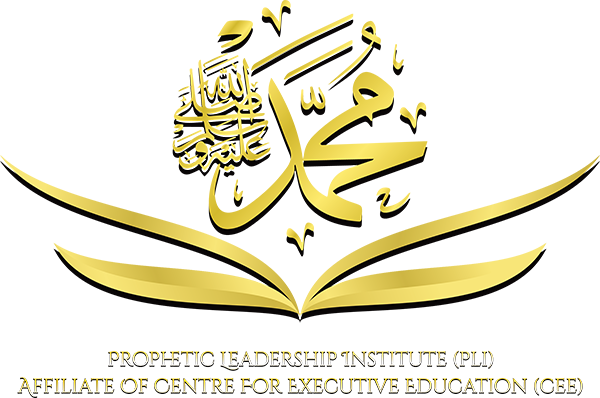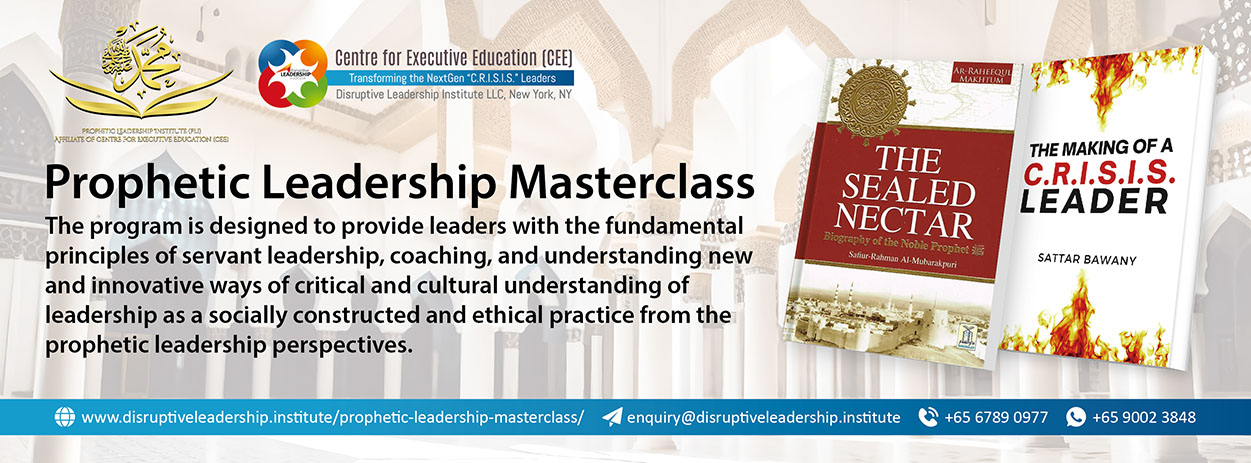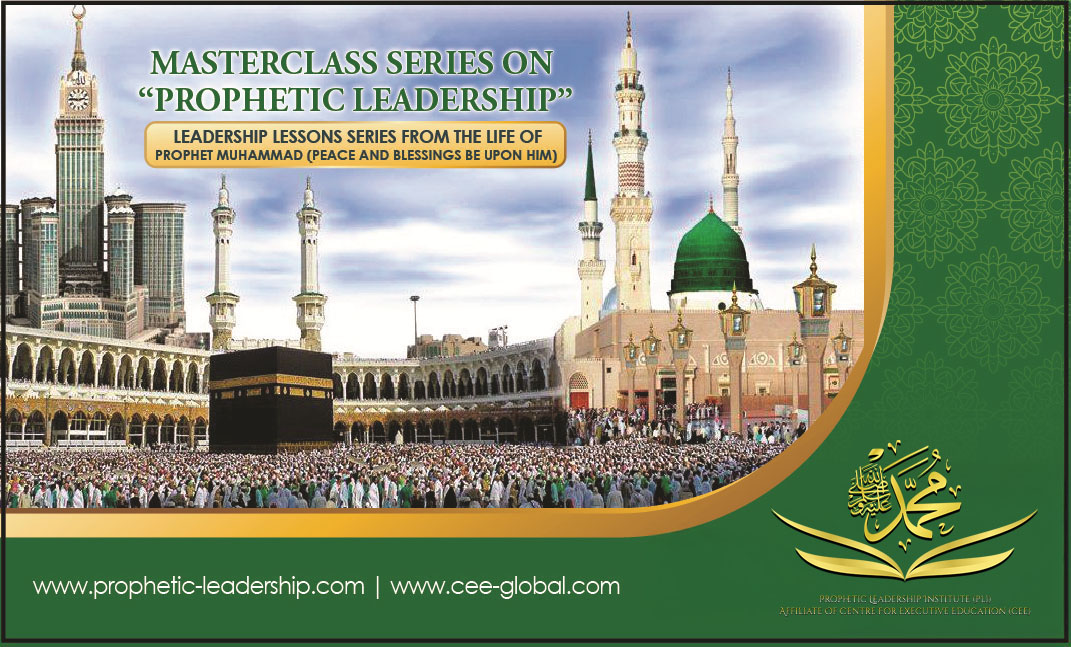
Prophetic Leadership Institute (PLI)
Definition of Education in Islam
The readers of the Qur’an are frequently requested to use their senses to learn, study and understand truly the meanings. They need to generate dynamically their mind, sight, aural, oral capabilities, and deeds to acquire the gist. These were practiced and manifested during the life of the beloved Prophet (peace and blessings of Allah be upon him), the Companions and the early generation of Muslim scholars during the glorious era of Islamic Civilization. This is to show that Islam is very meticulous in this vital aspect of the development, progress, and accomplishment of human beings in the present world and akhirah.
The meaning of education in its totality in the context of Islam is fundamentally in the combination of the terms Tarbiyyah, Ta’lim and Ta’dib. Literally, Tarbiyyah means ‘educate’, Ta’lim means ‘knowledgeable’ and Ta’dib is derived from the word ‘adaba’ means ‘moral’. These terms comprehensively are concerning the multilateral relationship between human and their society; humans and the environment; society and environment; and Allah. These cross-sectional relations all together represent the scope of education in Islam of both ‘formal’ and ‘non-formal’, comprising the Fardhu Ain and Fardhu Kifayah.
This is a great versatility that the Qur’an and the Prophet (peace and blessings of Allah be upon him), mention repeatedly the paramount importance of education and supremacy. It is stated in the Qur’an, “Allah will elevate those of you who are faithful, and ˹raise˺ those gifted with knowledge in rank. And Allah is All-Aware of what you do.”(Chapter Al- Mujadilah Ayat 11) https://quran.com/en/al-mujadila/11. In this verse, Allah grants high ranks to those who obtain knowledge and if a human being wants to rise, he should attain knowledge. Intuitively, the Prophet (peace and blessings of Allah be upon him), has told that those who walk on the path seeking knowledge, Allah will thereby make easy to them the path of paradise (Hadith narrated by Tirmidhi) https://sunnah.com/tirmidhi:2646. It had been proven in history that the Companions of the Prophet Muhammad (peace and blessings of Allah be upon him), were truthful, honest, sincere, generous, brave, and willing to sacrifice their lives for Allah’s cause, jihad fisabilillah. They love Allah and His Messenger much more than they love themselves.
Prophetic Leadership based Islamic Education
To date, little empirical research has been conducted on prophetic leadership with an integrative focus that is multilevel, multi-component and interdisciplinary, while recognizing that leadership is a complex function of both the organizational leaders and the followers who perform tasks, all of which subsequently leads to decision making qualities. Indeed, the current leadership model focuses on leadership behavior and the ability to gain followers mutuality, to achieve decision-making quality involving the integration of leadership and social network theories. Given the apparent mutable palette of contemporary leadership theory, this emergent construct of the leadership paradigm can expand the poles of the leadership continuum and contribute to a richer and deeper understanding of the relationships and responsibilities of leaders and followers as they relate to decision-making qualities in an organizational context. This new construct, which is termed prophetic leadership, explores the life experiences of the Prophet Muhammad (peace and blessings of Allah be upon him).
About the Prophetic Leadership Institute (PLI)
The Prophetic Leadership Institute (PLI) was born out of research conducted by the Centre for Executive Education (CEE) which revealed the importance of the prophetic leadership models and their impact on leadership development and best practices on contemporary leadership roles in implementing effective change in their organizations.
PLI offers transformational, human-centered leadership programs, both face-to-face and virtual tailored to the challenges faced and skills needed by leaders at all levels at each leader level. These programs explore a leader’s skills, attributes, and experiences as well as the unique settings and demands of the leader in today’s hypercompetitive global business context.



